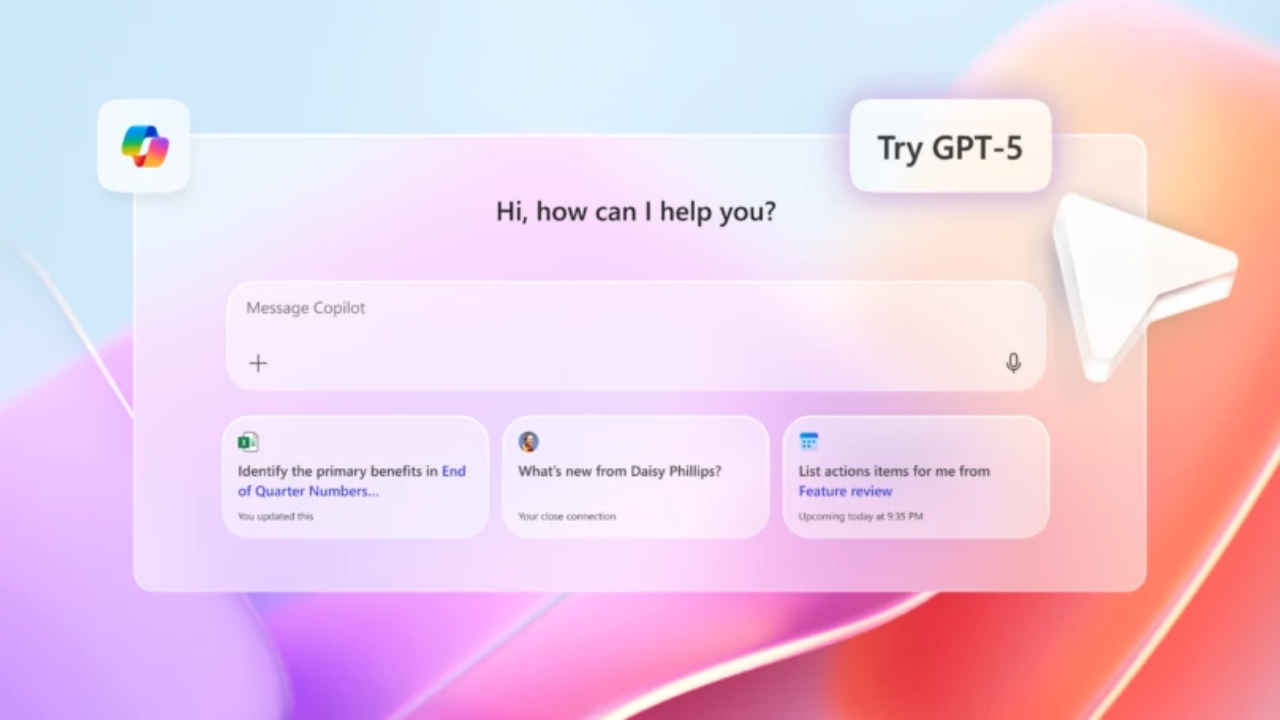The Rapid Evolution of AI in Technology and Industry
Author: Tech Industry Insights

As technology continues to evolve at an unprecedented pace, artificial intelligence (AI) stands out as a key driver of change across numerous industries. The transformational impact of AI has been especially pronounced in sectors like banking, cybersecurity, telecommunications, and smart home technology, where companies are rapidly integrating advanced AI capabilities to enhance efficiency and security.
The Managed Security Services (MSS) market is experiencing a significant surge as organizations face increasingly sophisticated cyber threats. Companies are now relying on specialized security services that provide around-the-clock monitoring and advanced threat management. This shift towards outsourcing security to experts has become essential for businesses that need to safeguard their IT environments against evolving risks.
One of the most notable trends is the increasing deployment of AI in banking. Artificial intelligence is being leveraged to streamline operations, manage customer interactions, and enhance security protocols. Recent reports indicate that AI applications in banking are evolving rapidly, with institutions adopting large language models to improve decision-making processes and customer service.

AI technology is revolutionizing the banking sector, enhancing efficiency and customer service.
Meanwhile, SoftBank's recent performance demonstrates the strong investor sentiment surrounding AI technologies. The company's shares soared to record highs, largely attributed to optimism about future AI developments. SoftBank's positive outlook reflects broader market trends where technology companies engaging in AI innovations are winning investor confidence.
In India, OpenAI's Sam Altman has highlighted the country's potential to become one of the largest markets for AI technologies. With Indian businesses rapidly adopting AI, the region is poised to play a crucial role in the global AI landscape. Altman's remarks underscore a broader recognition of India's fast-growing tech ecosystem and its appetite for cutting-edge solutions.
As the AI landscape unfolds, key companies are making strategic moves to remain competitive. Microsoft has recently rolled out its advanced AI model, GPT-5, within its 365 Copilot suite. This new implementation promises to enhance productivity and innovation in workplaces across the globe, showcasing a significant leap in AI capabilities.

Microsoft's integration of GPT-5 in its products marks a significant advancement in workplace AI.
However, the race for AI superiority is not without controversy. Elon Musk has expressed concerns about the implications of OpenAI's advancements, warning Microsoft CEO Satya Nadella about potential risks associated with the technology. This dialogue illustrates the ongoing debate over the ethical considerations and competitive dynamics in the AI industry.
Additionally, AI applications extend to sectors such as telecommunications, where an alarming rise in telecom fraud is being countered with AI-driven solutions. As AI becomes more integrated into communication systems, operators must adapt to new fraud trends that exploit advanced technology, reinforcing the importance of continuous vigilance and innovation.

Telecommunications fraud is evolving alongside AI advancements, necessitating proactive measures from operators.
As AI technology permeates various sectors, it becomes clear that the implications for the future are profound. From enhancing cybersecurity measures to revolutionizing customer service in banking, AI is not just a passing trend but a transformative force. The integration of this technology is expected to grow stronger as industries adapt to their new digital realities.
In conclusion, as we continue to witness the rapid advancements in AI, businesses must remain agile and proactive. The ongoing developments underscore the necessity for collaboration between technology providers and users to harness the full potential of AI while navigating the complexities of its ethical and social impacts.